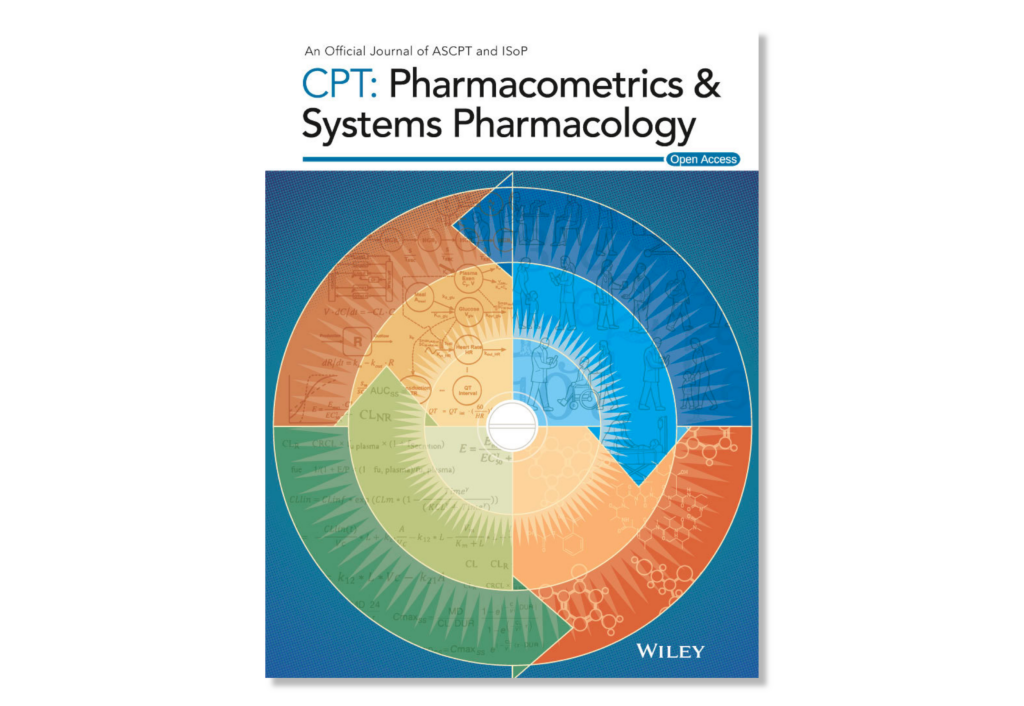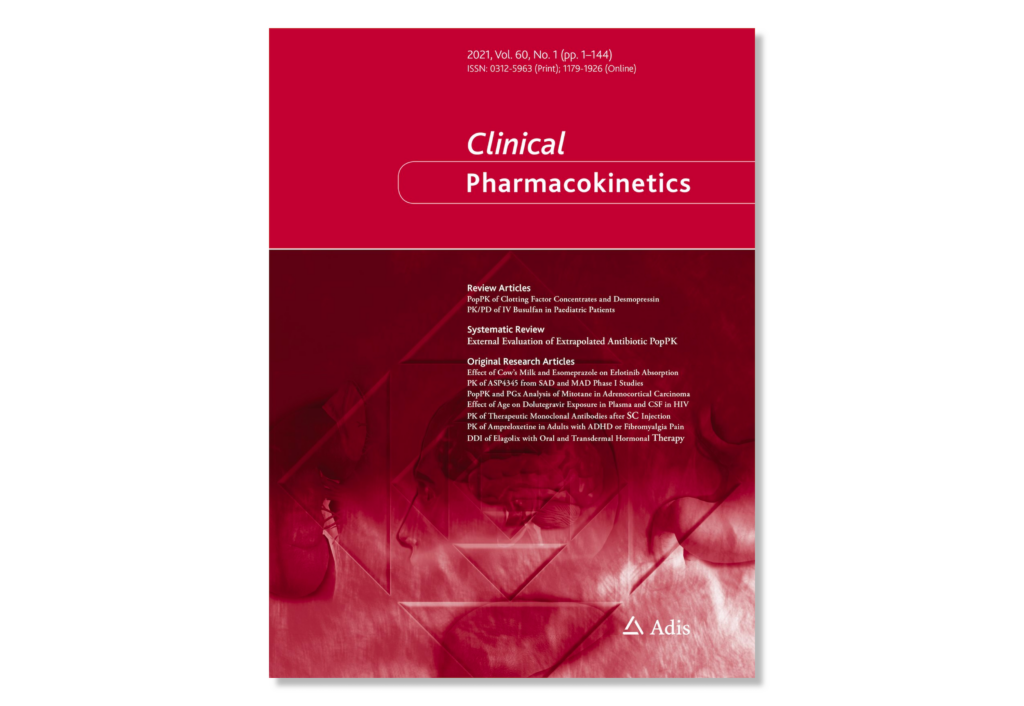

Evaluating and Improving Neonatal Gentamicin Pharmacokinetic Models Using Aggregated Routine Clinical Care Data
Abstract
Model-informed precision dosing (MIPD) can aid dose decision-making for drugs such as gentamicin that have high inter-individual variability, a narrow therapeutic window, and a high risk of exposure-related adverse events. However, MIPD in neonates is challenging due to their dynamic development and maturation and by the need to minimize blood sampling due to low blood volume. Here, we investigate the ability of six published neonatal gentamicin population pharmacokinetic models to predict gentamicin concentrations in routine therapeutic drug monitoring from nine sites in the United State (n = 475 patients). We find that four out of six models predicted with acceptable levels of error and bias for clinical use. These models included known important covariates for gentamicin PK, showed little bias in prediction residuals over covariate ranges, and were developed on patient populations with similar covariate distributions as the one assessed here. These four models were refit using the published parameters as informative Bayesian priors or without priors in a continuous learning process. We find that refit models generally reduce error and bias on a held-out validation data set, but that informative prior use is not uniformly advantageous. Our work informs clinicians implementing MIPD of gentamicin in neonates, as well as pharmacometricians developing or improving PK models for use in MIPD.
Tong, D.M.H.; Hughes, J.H.; Keizer, R.J. Evaluating and Improving Neonatal Gentamicin Pharmacokinetic Models Using Aggregated Routine Clinical Care Data. Pharmaceutics 2022, 14, 2089. https://doi.org/10.3390/pharmaceutics14102089

